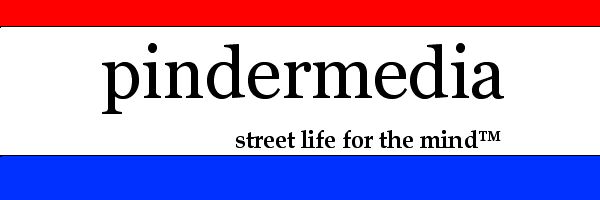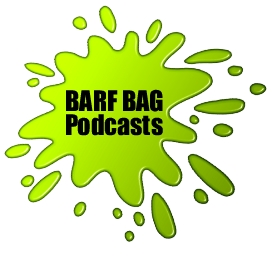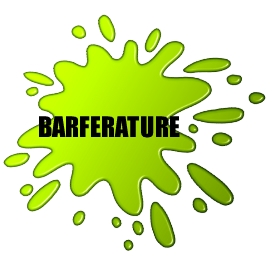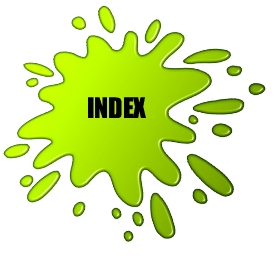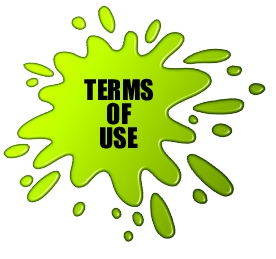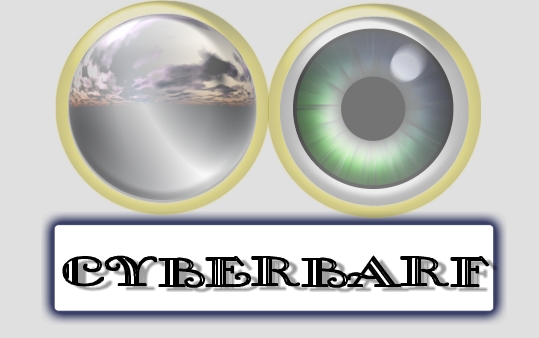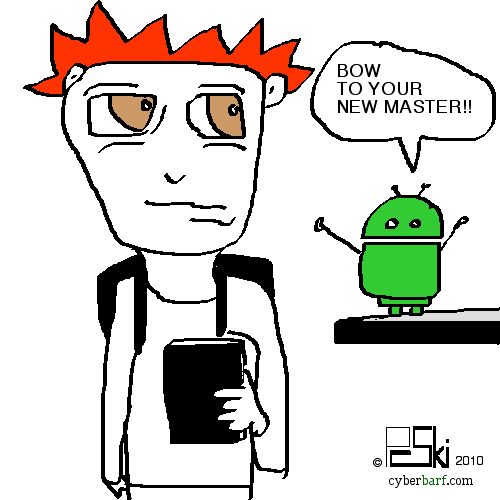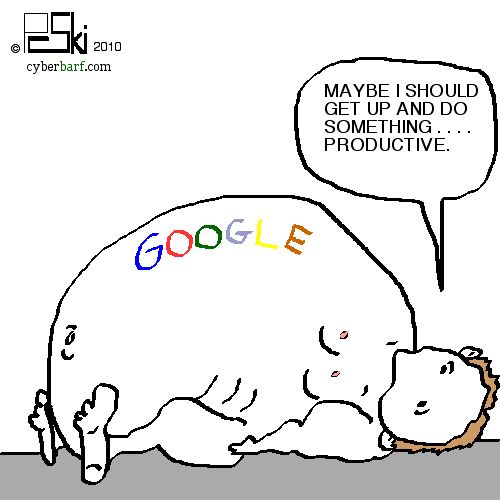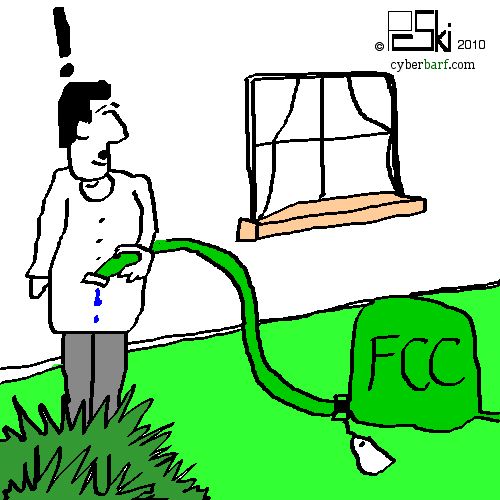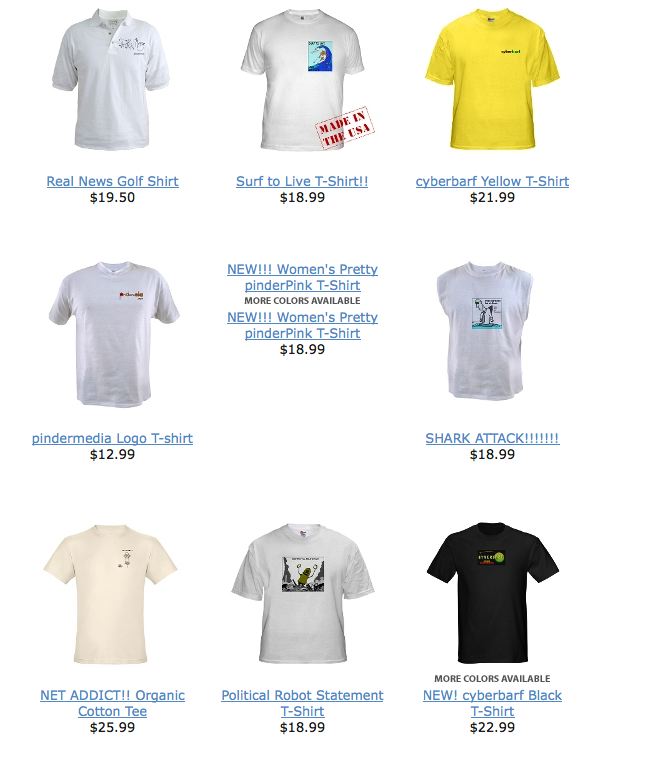cyberbarf
NEUTER
THE REALITY POWERGRAB
There
is a Congressional resolution against it. There is a federal court
case against it. So what does the Federal Communications Commission
(FCC) do? It unilaterally passes “net neutrality” rules.
It seems like a mundane and passively simple concept, net neutrality:
have the telecommunication networks open and neutral to all kinds
of traffic.
Except
for most, the passage of the fuzzy cute title is like putting the
wolf in sheep's clothing and into the middle of the herd without a
shepherd. Titles are deceiving the public all the time. It is like
if Congress passed a bill labeled “Children's Health & Recovery
Act,” but the hidden details in the bill is that it mandates
harvesting of organs of healthy children for the benefit of federal
workers.
For
years, the FCC has tried to expand its jurisdiction to regulate cable
television. It cannot since cable does not use the public airwaves
but private cable transmissions. It is trying to equate interstate
commerce of regular telephone calls to the back bone transmission
infrastructure of the world wide web network. Operators, Congress
and the courts have said to the FCC to back off. It will not listen.
The three Democratic appointees on the commission are bent on regulating
the internet.
The
rules seem innocuous. Broadband providers must disclose management
practices and commerical terms; they must not block legal web content,
applications or services (mobile providers exempted); no unreasonable
discrimination against network traffic except for reasonable management
of the network; paid prioritization of web traffic is prohibited as
discrimination; and the FCC hasd jurisdiction to hear provider and
user complaints. Besides being extremely vague, the real question
lurks in those rules is the freedom of the marketplace, including
the internet.
Why
is regulating the Internet so important? For the FCC, by taking jurisdiction
over this media it can CONTROL the net. And once the FCC controls
the net, it can make RULES that will greatly impact every aspect of
the net's wide range of appeal, including in theory CONTENT. And once
the FCC controls the rules on the operations of the Internet, it can
go right ahead and TAX it.
This
may be bureaucratic envy of the FCC as it looks to totalitarian regimes
like China that has nationalized and censors its people's Internet
access and content controls. It is so much easier to control a tech-ready
population if you have the power over the means the communication.
Critics
say that the First Amendment should not allow the FCC or any other
government agency to regulate away one's personal freedoms. But in
the name of security, protecting children or national defense, America's
officials have been systematically eroding personal freedoms to the
point that airport check point full body scans and pat downs void
the Fourth Amendment's protection against unwarranted searches and
seizures.
The
FCC couches its determination in the sugar and spice smiles that net
neutrality will help everyone have a better Internet experience since
the large carriers can no longer discriminate against certain users.
How can a bureaucrat in Washington D.C. understand let alone manage
a billion bytes of information packages at the speed of light through
node in Kansas? The market place puts pressure on the back bone carriers
to provide clear, clean and speed worthy systems. Otherwise, the consumer
will take their Internet business to another ISP provider or network.
It happens all the time in the cell phone world. It has been said
that 75% of AT&T's data along its lines is from iPhone users,
whose connected devices have become the bandwidth hogs of the net.
The iPhone users don't like AT&T's service plans, but they tolerate
the inconvenience because of the iPhone itself. In part, AT&T
is aware of the issues, overwhelmed by the popularity and system requirements
of the iPhone community, so it continues to expand and upgrade its
internal systems to handle the data overflow. AT&T shareholders
have been not rewarded as the stock languishes despite the huge popularity
of the iPhone and the amount of information flowing through Ma Bell's
electronic veins. Carriers need to treat their customers fairly or
they will lose them to competitors. Adding another level of switching,
this time by an outside regulator, is not going to make anything more
efficient. In this complex data rapids, the FCC wants to put itself
in the middle as a traffic cop?
The
fear is that the FCC will arrest one's freedom to surf the net. It
could outlaw or block sites it deems inappropriate (the v-chip goes
viral). It could tax a user for the privilege of logging in to their
ISP provider. It could tax a user for every email is opened (like
a stamp on a postal letter). It could mandate a sales tax be collected
on all e-commerce (which states cannot do now but have been clamoring
for due to massive government budget deficits). It could charge fees
for uploading or downloading data. It could force you to provide personal
banking information in order for the government to collect its taxes
and fees (this scary provision was put into the small print of the
massive nationalized health care bill). The concept of the Big Brother
could turn into the Big Gorilla in the Internet chat room.
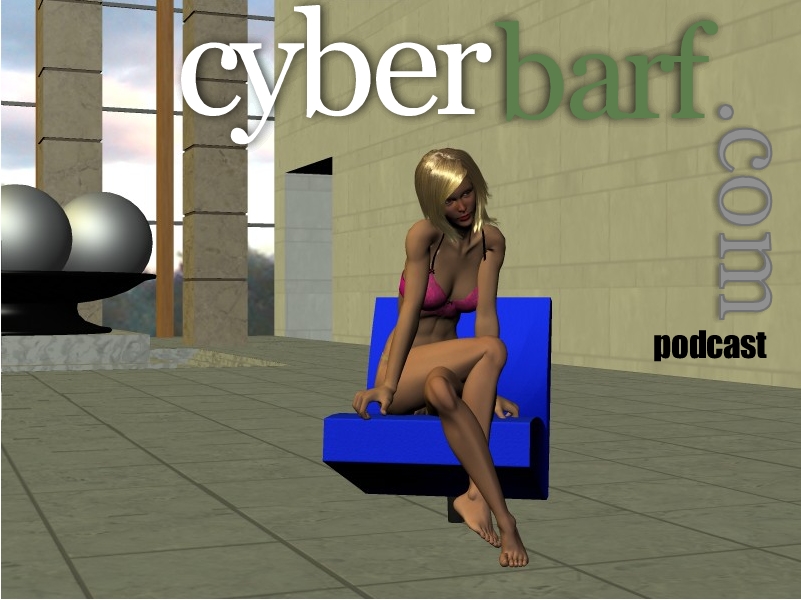
cyberbarf
PRO
GAMING KOREA MODERN SAMURAI
It has been ten years since professional video gaming took South
Korea by storm. From the creation of the World Cyber Games, this nation
has been on the forefront of creating a championship culture in the
joystick controller world of electronic games.
In
a 2003 BBC report, 70 percent of South Korean households had high
speed Internet access. This created the the means for teens to play
on-line against various levels of competition. Local officials encouraged
the development of competitive gaming sites. Game arcades were created
where a person can get a game card, sit at a computer console, and
play with other gamers on high speed machines.
From
these arcaders, South Korea created some of the first professional
teams. A sponsor would seek out the top game players and sign them.
In 2006, the San Francisco Chronicle profiled Choi Yeon-sung, a 23
year old professional, who earned $190,000 in salary and game winnings
(in a country where the annual income is only $16,500). Choi was treated
like a rock star, complete with his own fan club. His celebrity status
puts him in the same realm as actors, singers, idols or national soccer
players. The industry has grown to a $ 9 billion industry. South Korea
had two full time cable channels dedicated just to video game competitions.
In
order to get to the top level of a professional team league, a player
has to work their way through the ranks. Normally, the home gamer
hones his skills on line. Then he hits the competitive arcades hoping
to gain some recognition from scouts or professional coaches. Once
a person's skill level reaches a threshold, the player can can skill
tests in order to enter game clans or guilds. If one passes these
skill tests, he can join a camp in order to increase his skills to
get his professional game certification. In these camps, a player
is put to a grueling apprenticeship: he lives in a small dorm with
other gamers. In the morning, there is an exercise session, then it
a 12 hour day playing video games under the watch of a coach. Players
can specialize in certain games with the hope of getting into tournaments.
The house mother does the cooking, cleaning and laundry while the
players focus through the late nights on just playing games.
It
becomes instantaneous, almost robotic, as a professional gamer manipulates
a keyboard or controller with fingers flying at high speed. The blur
of the finger techniques while staring intensely at the computer screen
is almost surreal. It is only when a player can become one with the
machine code can he move onto the professional ranks.
These
camps or apprenticeship programs, with the total focus and repetitive
activities, are called “chicken coops” according to a 2010
slashdot article. If you are in a lower grouping, a player will practice
24/7 with the dream of moving up just like minor league baseball players
try their best to make a major league team roster. These houses of
nonstop game players could be considered modern electronic samurai.
The single minded purpose of becoming an elite gaming professional
is almost a monk-like obsession. But the amount of stress, competition
and dojo style regimental lifestyle where you don't leave the camp
apartment burns out players very quickly. It is a sport where most
of the potential professionals burn out by the age of twenty-four
(24).
But
the rewards for the top players continues to grow. It is a global
sport now. The World Cyber Games have more than 70 countries represented
with prize money of more than $350,000. At the top levels, auditoriums
are filled with fans watching two players sitting on stage in front
of a computer terminal. Behind them, there is a large monitor screen
showing the real time action to the crowd. It reminds one of the great
international chess matches, Fischer-Spassky, in Iceland. Players
go mano-on-mano through the tournament field until a category championship
is crowned in the end. In October, 2010, South Korea repeated as country
champion in a field of 450 players from 58 countries.
South
Korean has standardized the means and methods for their youth to try
to become international game playing champions. It is long and torturous
path with long odds, but ten years ago if anyone thought you could
make a very good living playing just video games, they would have
laughed off the idea. But it appears that idea has taken hold in Korea.
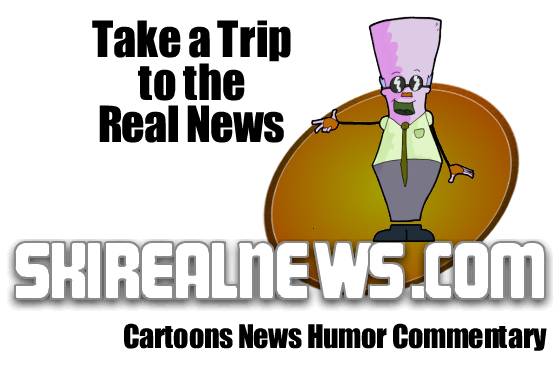
cyberbarf
PERSON
OF THE YEAR PRIVACY PARASITES
TIME
Magazine debated its person of the year. It wound up a race between
two individuals who have put in new meaning to the term “loss
of privacy.” Both WikiLeaks Jullian Assange and facebook's Mark
Zuckerberg are the new entrepreneurs of personal private data. The
regular media seems to have been numbed by the consequences of this
new information paradigm: that nothing is off limits. National military
secrets or private personal matters. Both Assange and Zuckerberg have
made careers on opening up the lives of individuals to global public
display.
The
United States government is the target for Assange and his massive
document uploads to the Internet The interception and publication
of diplomatic cables gave the average person insight into the sausage
making gossip that makes up foreign diplomacy. It put the State Department
in a poor light, especially Secretary of State Hillary Clinton who
tried to gather up personal negative information on foreign leaders.
Clintons were accused during Bill's presidency of gathering and punishing
their “enemies” with the machinery of the federal government,
including the IRS. It appears that the play book of personal destruction
has followed Hillary into foreign relations.
The
United States would like to charge Assange with treason or espionage.
First, treason deals with a US citizen; Assange is an Australian national.
Second, Assange is not involved with another government stealing secrets.
It appears that WikiLeaks received the documents from lower level
US military personnel. The computer access to classified US intelligence
documents was not breached, but accessible to more than 3 million
people. The idea was to give the front lines information quicker to
analyze threats. It also created a massive loophole in security, a
disgruntled person with access to the government's dirty laundry.
Assange received massive amounts of data from US files from an internal
source(s). AAA result, he is not a spy committing a crime, but closer
to a journalist publishing important stories.
Except,
as the New York Times explained when it republished the cables (with
edits to take away information which could lead to foreign agents
getting killed, captured or compromised) that there was a journalist
reason for publishing the story because the press is the guardian
of the public's rights against oppressive government actions. The
public has a right to know. However, Assange does not make any editorial
decisions in releasing the information. He uploads the raw data for
all to see. He makes no intelligent effort to digest the facts and
organize it in any sort of journalistic context. His supporters believe
that this is a new form of journalism: that the information itself
is protected free speech, no matter the consequences.
Zuckerberg
has created his personal wealth on the voyeurism of other people's
lives. The initial premise of facebook was to create a place where
a college guy could meet coeds. It then quickly spread to become a
fashionable game to collect as many strangers as your “friends.”
It fed upon a person's need to be liked and accepted (the popularity
syndrome) into an addictive personal reality show and tell. facebook
regulars continually publish their own personal stories, pictures
and minutia; the good, bad and the ugly. An individual's personal
diary, which used to be closed secrets, are now free for millions
of eyes to see. Recent stats show that facebook now commands 640 million
visitors per month. If you attempt to extract that figure to basic
internet ad rates, the potential revenue pool for facebook views is
between $8 million to $80 million per month. In spite of user's cries
against facebook commercialism, Zuckerberg has become a multi-millionaire
on the shameless generation's need to be seen and heard in a fragmented
society.
The
naive facebook crowd failed to realize that the potential employers
would Google their names as part of the interview process. The lack
of common sense is becoming a real cultural disease in America. Employers
will not hire a person whose personal life and ills are splayed around
the Internet Employers are sensitive to their employees loyalty and
confidentiality of work product. Those interviewees with any character
questions will be filed in the circular bin as for every job opening
in this weak economy, there are hundreds of applicants.
Once
your life has been published to the Internet, it is impossible to
get one's privacy back. South Park unmercifully satirized facebook's
all consuming visitor's private lives. Once you have a facebook account,
you cannot delete your profile.
The
facebook business model really made no financial sense. It was a free
service taking massive server resources in order to build a multi-million
user community. Originally, advertising was a taboo. User pages were
to remain clean and noncommerical. So the real source for facebook
income has to come from data mining its own community, like milking
a herd of cows, on a daily basis. The privacy of common folk has become
the wealth content for Zuckerberg's bank book. It is unseemly for
a person to make millions off the free content provided by others.
